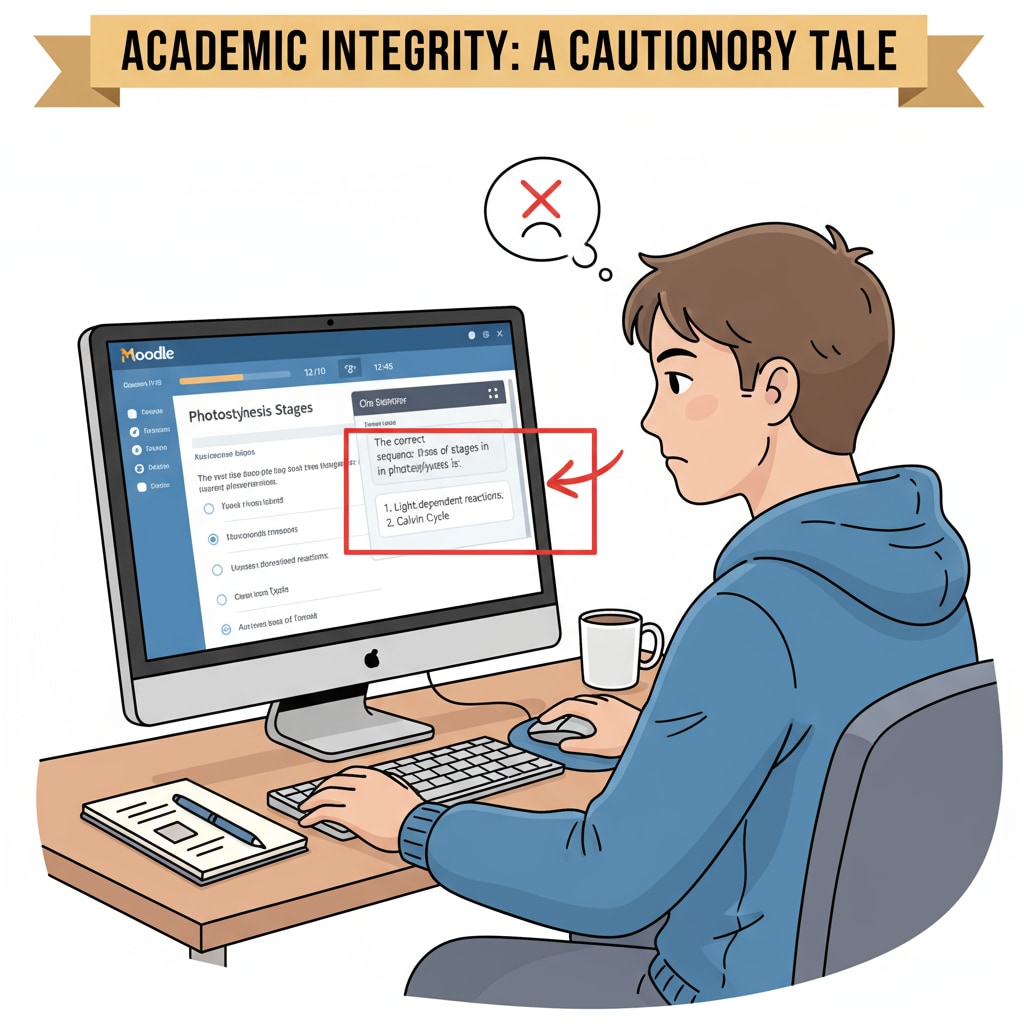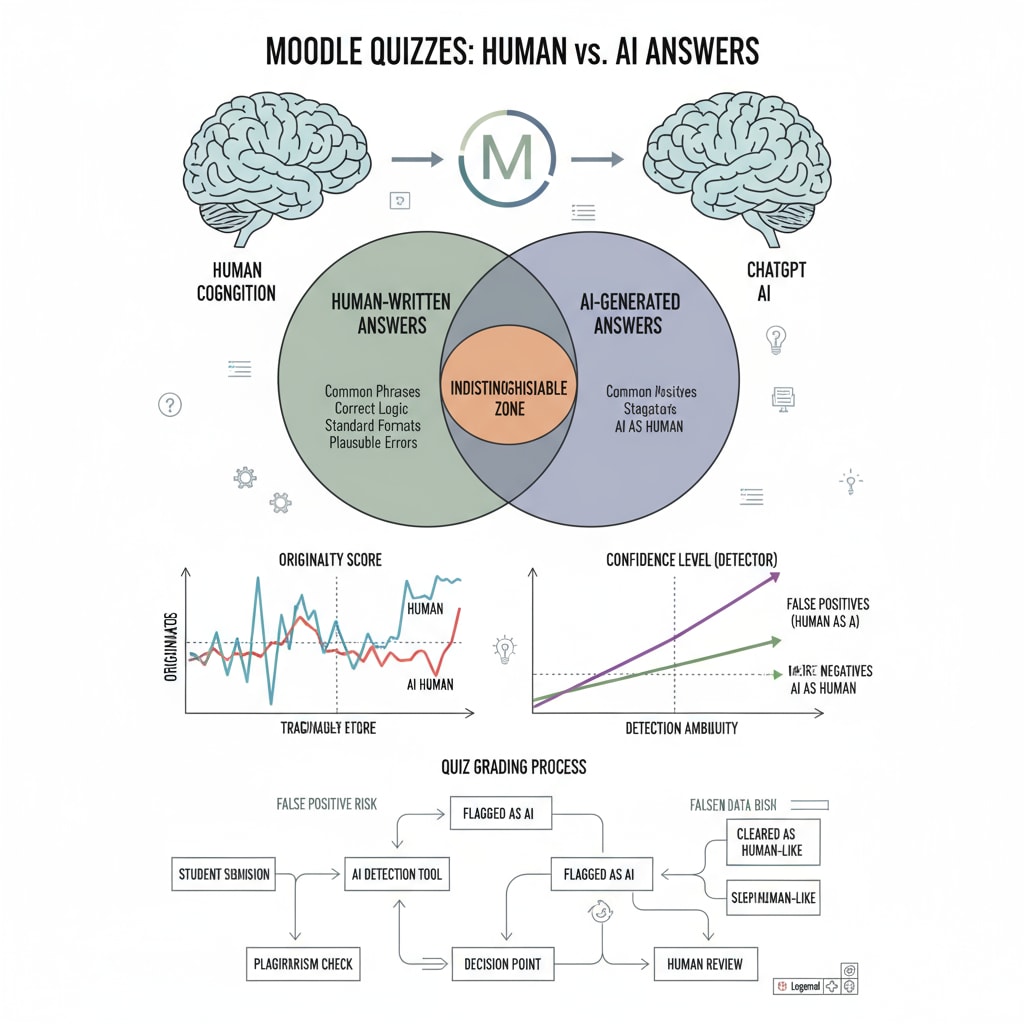The rise of artificial intelligence has brought about a new set of challenges in the realm of education, particularly when it comes to online assessments. The combination of Moodle, a popular online learning platform, online quizzes, screenshots, and the use of ChatGPT has created a complex situation for educators. ChatGPT, with its advanced language – generation capabilities, has become a tempting tool for some students during Moodle online quizzes. However, the question of its detectability looms large.

The Growing Problem of ChatGPT in Moodle Quizzes
With the convenience of online learning, Moodle has been widely adopted by educational institutions. Online quizzes on Moodle offer a quick and efficient way to assess students’ knowledge. However, the accessibility of ChatGPT has led to an increase in academic dishonesty. Students may use ChatGPT to obtain answers during quizzes, either by typing the questions into the tool or taking screenshots of the quiz questions and using them as prompts. This not only undermines the fairness of the assessment but also devalues the educational experience.
For example, a student might be tempted to take a screenshot of a difficult multiple – choice question on a Moodle quiz and send it to ChatGPT, expecting an instant and accurate answer. This practice is a clear violation of academic integrity.
The Technical Hurdles of Detection
Detecting ChatGPT use in Moodle online quizzes is no easy feat. One of the main challenges is the similarity between human – written and AI – generated text. ChatGPT can produce responses that mimic human language patterns, making it difficult to distinguish between legitimate and plagiarized answers. Additionally, the use of screenshots to bypass detection systems adds another layer of complexity.
Educational institutions often rely on plagiarism detection tools, but these may not be fully equipped to identify ChatGPT – generated content. As a result, educators are left with the arduous task of manually reviewing responses, which is time – consuming and may not be entirely accurate. Plagiarism detection software on Wikipedia

The Ethical Implications
The use of ChatGPT in Moodle online quizzes raises serious ethical concerns. Academic integrity is the cornerstone of education, and when students use AI tools to cheat, they are not only cheating themselves but also the entire educational community. It erodes the trust between educators and students and degrades the quality of education.
Moreover, it gives an unfair advantage to those who cheat, potentially affecting the academic and professional opportunities of honest students. For instance, in a competitive academic environment, a student who cheats using ChatGPT may secure a better grade, which could impact the admission chances of other deserving students.
Potential Solutions
To address this issue, a multi – pronged approach is needed. Firstly, educators can design quizzes in a way that discourages the use of ChatGPT. This could involve asking open – ended questions that require critical thinking and personal analysis rather than straightforward factual answers. Additionally, setting time limits for quizzes can reduce the likelihood of students using external tools.
Secondly, educational institutions can invest in advanced detection technologies. Some companies are developing tools specifically designed to identify AI – generated content. These tools can analyze various aspects of the text, such as grammar, vocabulary, and writing style. Artificial intelligence on Britannica
Finally, educating students about the importance of academic integrity is crucial. By raising awareness about the negative consequences of cheating, students may be more likely to abide by the rules. This can be done through workshops, seminars, or incorporating discussions on academic integrity into the curriculum.
Readability guidance: The key points have been presented in short paragraphs and lists for better understanding. Each H2 section contains a summary of the main ideas. The use of passive语态 has been minimized, and transition words like ‘however’, ‘for example’, and ‘additionally’ have been used to enhance the flow of the article.


